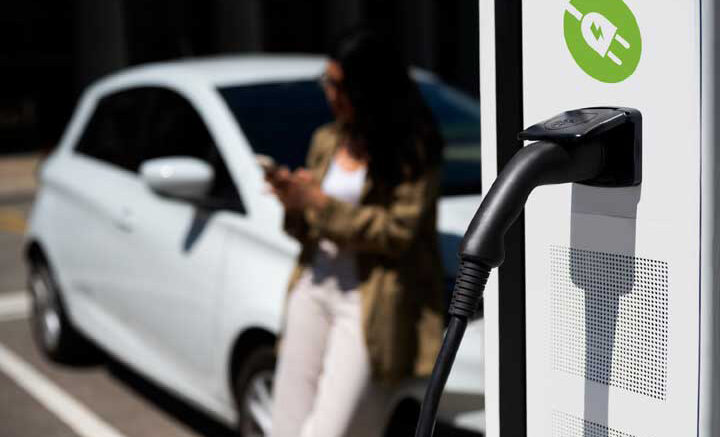By Alex Gonzalez, Public News Service, AZ
In Arizona, four in every 1,000 people have electric cars and a federal rule soon to be finalized could increase those numbers. It is gaining support but also has its critics.
The Environmental Protection Agency’s new car and light truck emission standards could require as many as two-thirds of new cars be all-electric by 2032.
But the move comes as EV sales have slowed down. Some experts say it could prompt the Biden administration to announce more relaxed standards, which would ease into the ramp-up process more slowly.
Chris Harto, senior policy analyst for Consumer Reports, said he expects a good portion of the original proposal will move forward.
“We expect them to still deliver a significant chunk of the climate and consumer benefits of the original rule,” Harto emphasized. “We’re planning to dig into the details as soon as we get them, run our modeling.”
Supporters argued the rule could help curb serious health hazards, but the EPA has received pushback from automakers and oil companies. They contended the U.S. is not ready for such an aggressive EV push, as EV prices remain high and the nation lacks the charging infrastructure. As of April 2023, Arizona had almost 1,000 charging stations.
Matthew Davis, vice president of federal policy for the League of Conservation Voters, said the nation’s transportation sector accounts for the largest and fastest-growing source of planet-warming emissions. Getting more EVs onto roadways could prove to be one of many hot-button issues for President Joe Biden in his likely rematch with former President Donald Trump, who has spoken out against EVs and called climate change a hoax.
Davis stressed it is even more reason to ensure the rule is passed promptly.
“We certainly had conversations with the Biden administration,” Davis noted. “They are crystal clear about the importance of getting rules out to make sure that they withstand both likely legal attacks from the fossil fuel industry, and any congressional attacks should Republicans take over.”
Davis contended the proposed rule would offer automakers a variety of ways to meet the standards, ensuring positive impacts on public health and climate change.









.jpg)